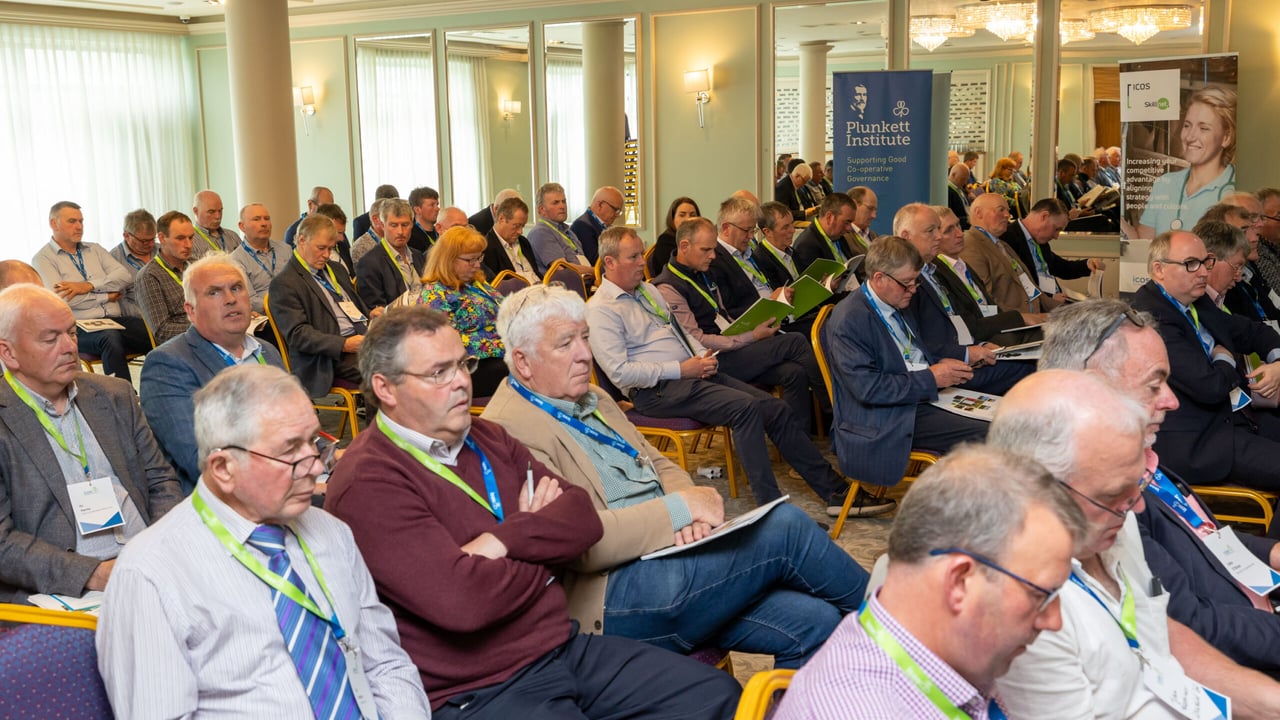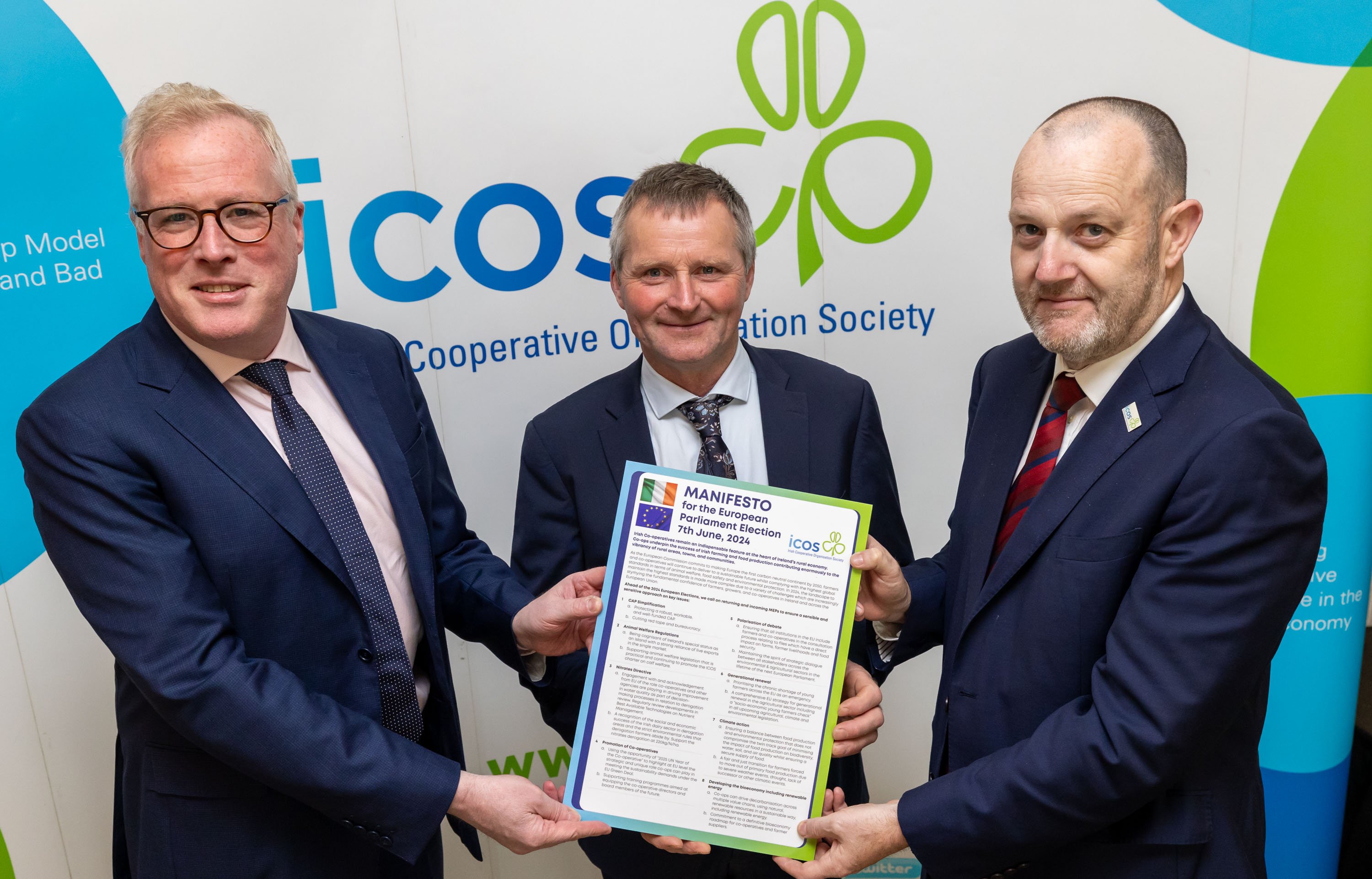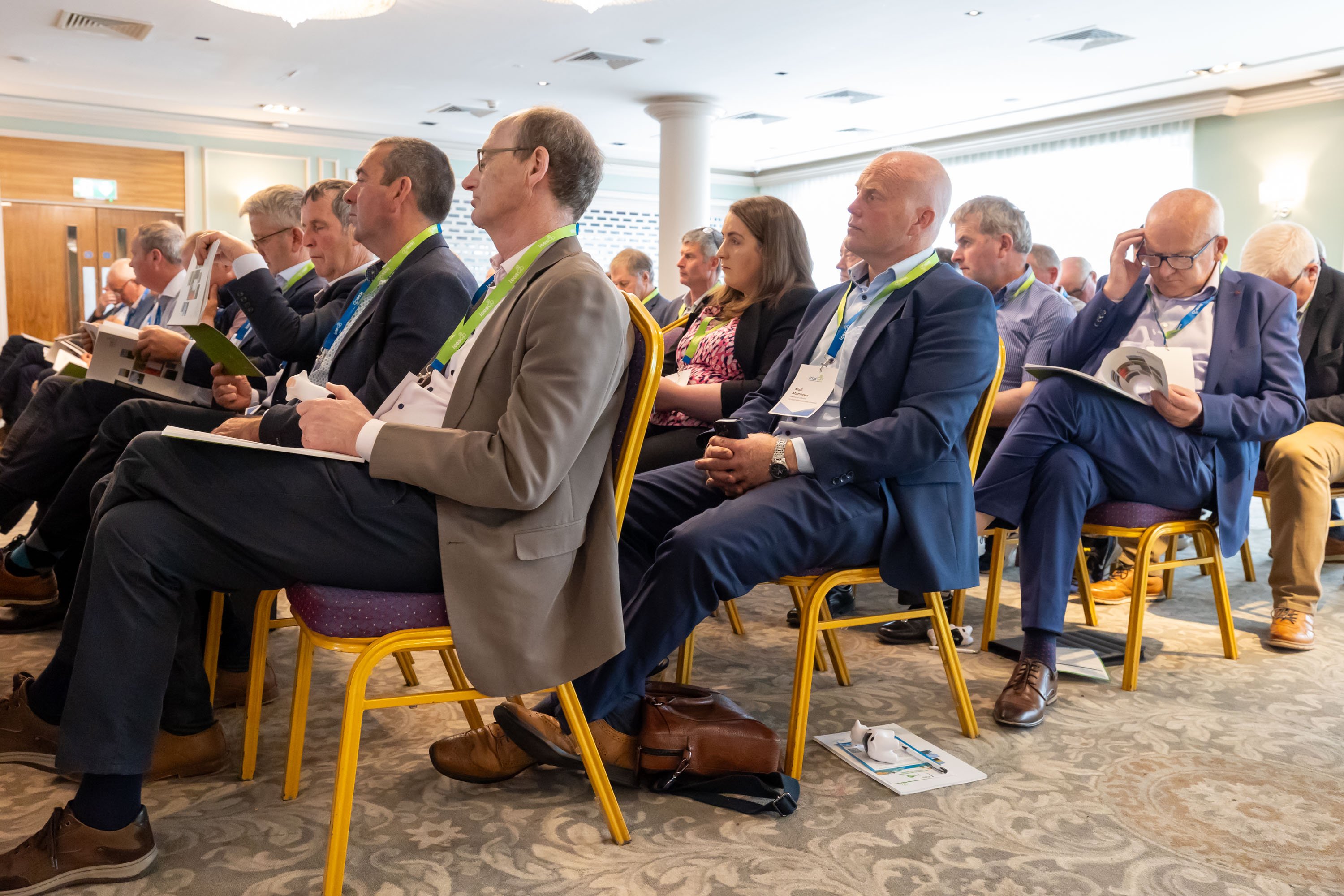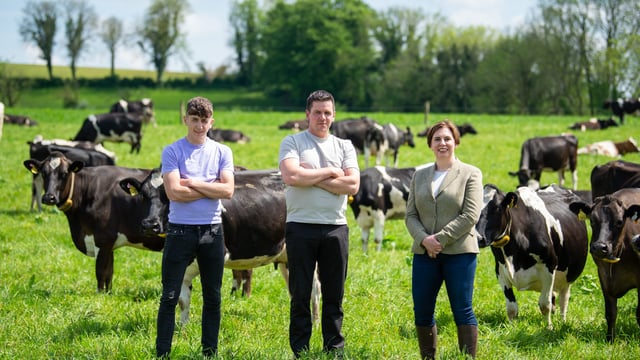ICOS calls for 'decisive action' on new biomethane strategy
The Irish Co-operative Organisation Society (ICOS) president, Edward Carr said he "welcomes" the publication of the National Biomethane Strategy, but called for "decisive action" from government.
Carr said that the strategy "lacks detail" on how capital grants will operate, specifics around the Renewable Heat Obligation (RHO), and the formation of an effective industry charter.
At the 129th annual general meeting (AGM) held in Portlaoise, Co. Laois today (Friday, May 31), Carr described the current €40 million capital funding for the biomethane strategy as "woefully inadequate".
“Clear guidelines are essential to create certainty for investment decisions and to engage farmers and co-operatives effectively," Carr said.
"We see opportunities for additional income streams for farmers and rural regions; for example integrating slurry storage and nutrient management solutions, and kick-starting Ireland’s bioeconomy at a commercial scale," he added.
The importance of the tillage sector was also discussed at the AGM.
Carr said that the area "needs protection", due to much reliance on straw and grain.
"Embracing the bio-economy is critical to decarbonise our supply chains and maximise waste value," Carr said.
He added that continuous progress on water quality "must continue", while adopting nearly 100% of the Teagsac Marginal Abatement Cost Curve (MACC) curve measures is essential to meet targets.
"The MACC helps us visualise the potential of greenhouse gas abatement measures and how to allocate our resources accordingly," Carr said.
The president addressed other issues including poor milk prices, high input costs, adverse weather, and negative public perceptions.
"The EU funding rules cannot be an excuse for inaction. We need innovative solutions and unwavering commitment to protect our industry. Time is short, and we must act decisively," Carr said.
“Farmers are experiencing increasingly difficult circumstances," Carr said.
“They've faced a perfect storm of poor milk prices, stubbornly high input prices, locked-in high overhead costs, and appalling weather," he said.
"On top of this, the public narrative often treats food producers as if they’re some kind of environmental criminals.
"This puts immense pressure on our farmers, when factually they are doing more to address sustainability and emissions reduction than many other sectors of our economy," Carr added.







